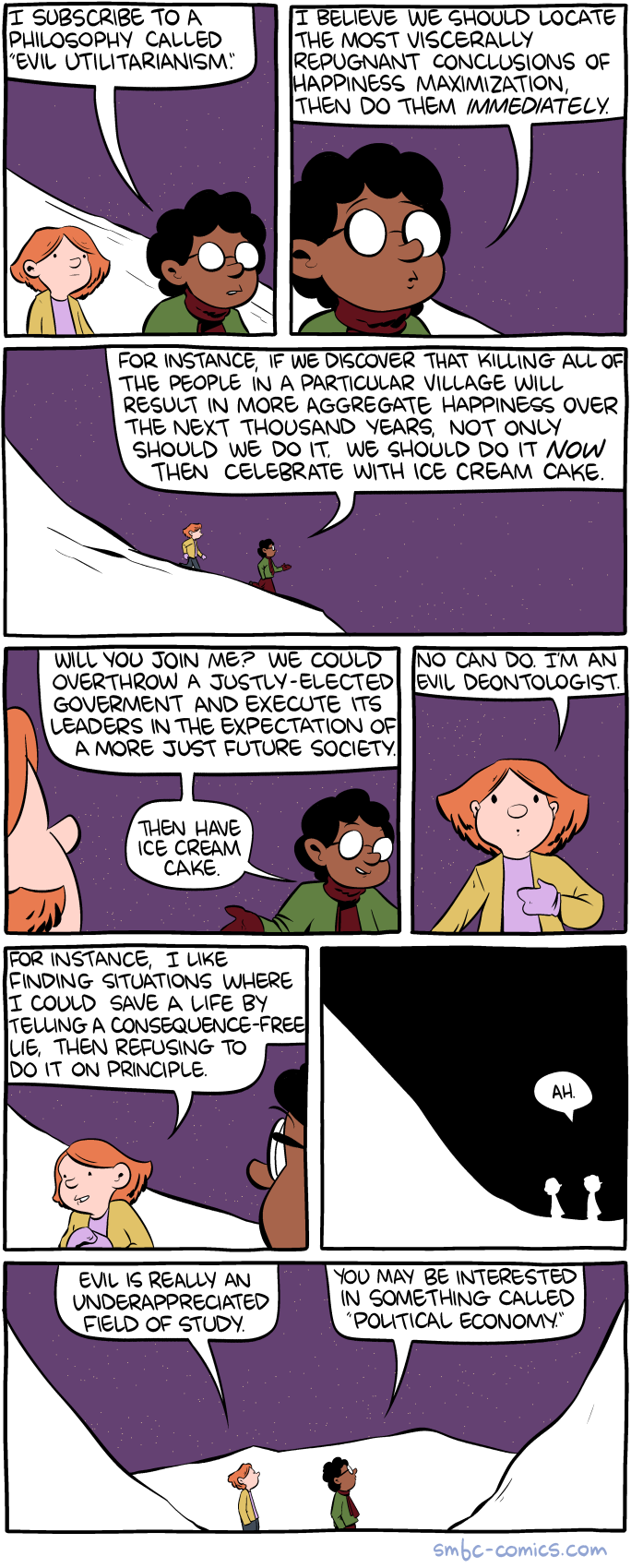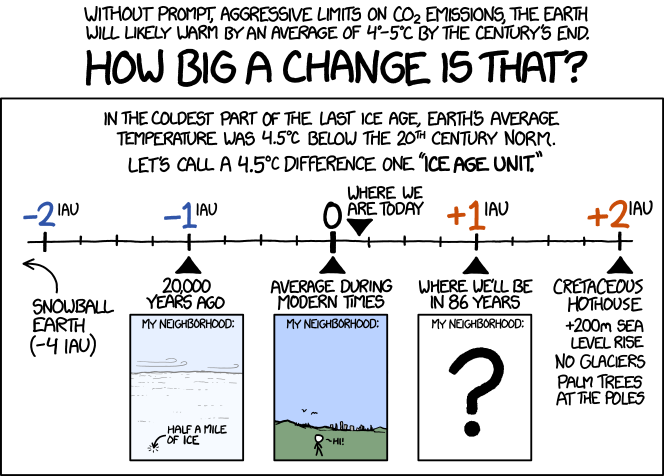In case you missed it, the National Snow and Ice Data Center (NSIDC) announced last week that Arctic sea ice had reached its annual winter maximum, and that was the lowest on record for the third year in a row. This is bad news, but we knew it was coming.
Over the years, I’ve found it necessary to remind people that the theory of human-caused climate change was a predictive one. We knew the temperature would rise decades before the rise was statistically significant. We knew that sea levels would rise too, and that ice would melt. We also knew that melting arctic ice would increase the amount of heat that the ocean absorbed, and lead to faster warming, and faster melting.



